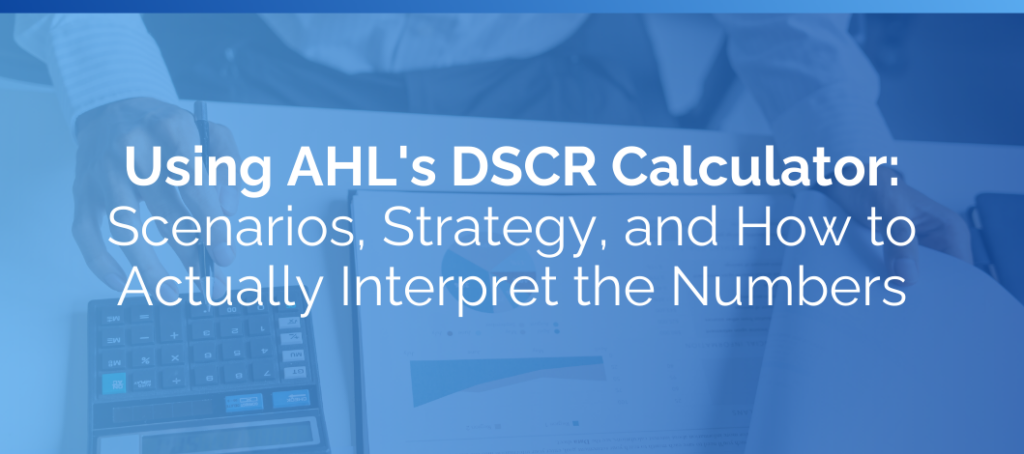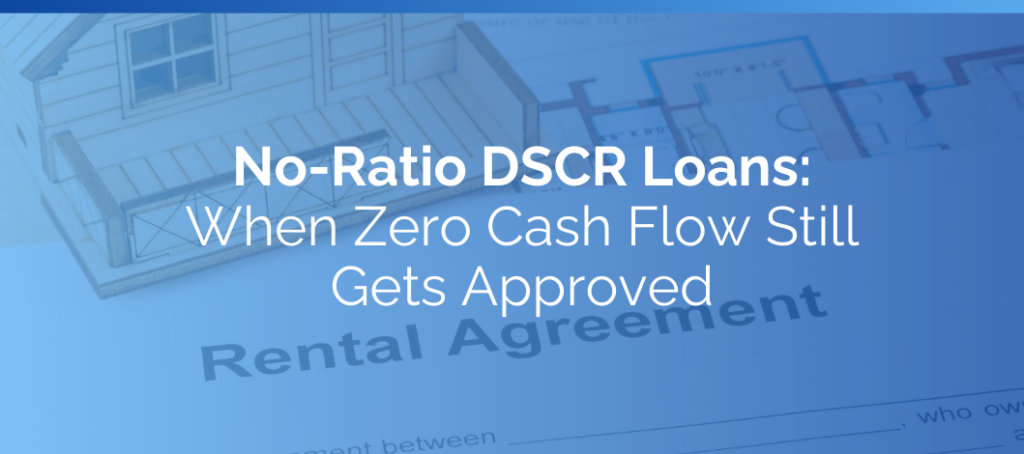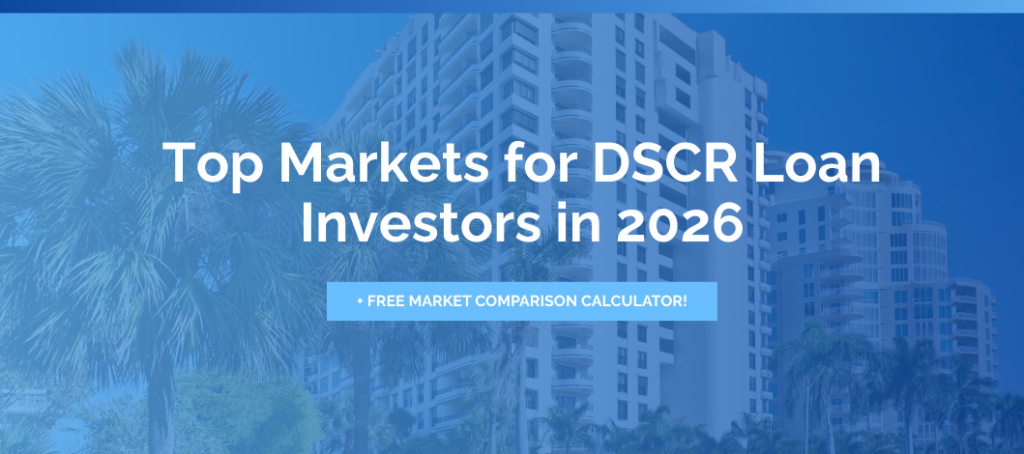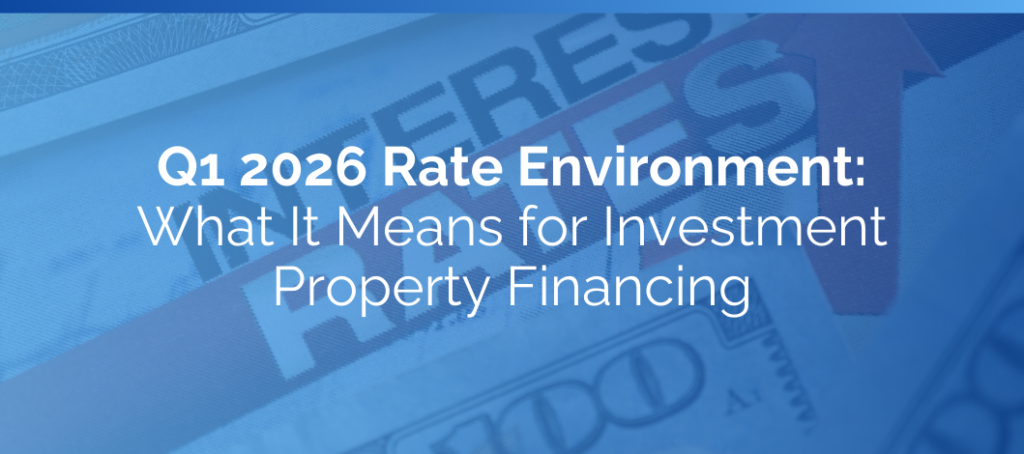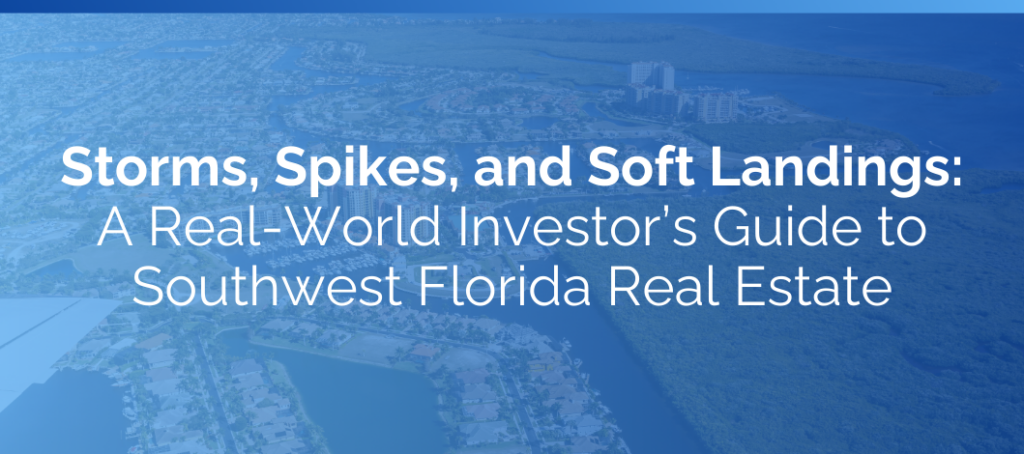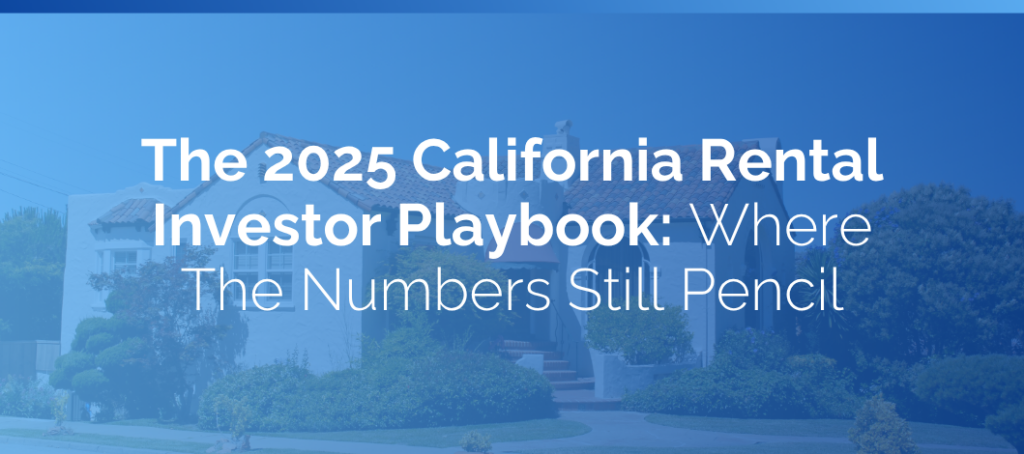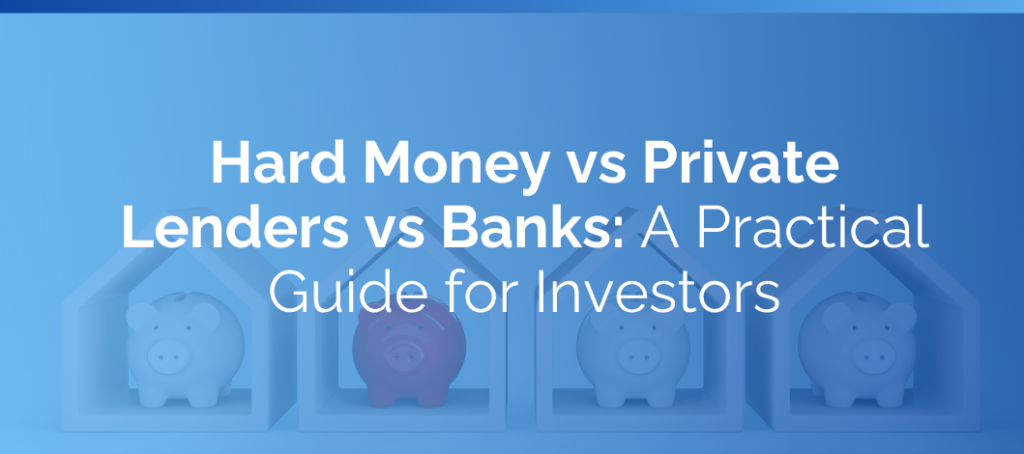Leverage Your Portfolio And Expand Your Business With DSCR Rental Loans
- Up To 85% LTV
- Single Family And Multifamily Properties Up To 10 Units
- Purchase, Rate/Term, Cash Out
- Long & Short Term Rentals
- 30 Year Fixed, 40 Year Fixed With Interest Only
- LTV Stacking (Finance Your Fees!)
- Foreign Nationals OK
- Min DSCR: 0.75x
- Qualify Based On Property Income
AHL Is The Leverage Your Portfolio Needs. Get Started Today.
Scale Your Portfolio And Create Generational Wealth With AHL’s DSCR Loans For Rental Properties
At American Heritage Lending, we provide real estate investors with tailored financing solutions designed to maximize their returns. Our DSCR (Debt Service Coverage Ratio) Loans are ideal for investors looking to expand their portfolio without the strict income verification requirements of traditional loans. By focusing on the cash flow potential of the property rather than personal income, we offer a faster, more flexible path to funding.
Whether you’re purchasing, refinancing, or cashing out, our streamlined process, competitive rates, and expert guidance make it easier for you to grow your investments with confidence. Let American Heritage Lending be your trusted partner in securing the financing you need to succeed.
Recently Funded DSCR Loans
Same Day Prequalification
There For You Wherever You Need Us
Indicates Available Business Purpose Lending
DSCR Loan Insights From The Blog
DSCR Loans: The Complete Guide for Real Estate Investors
Real estate investing is an exciting but often capital-intensive endeavor. Securing the right financing is crucial for building a successful real estate portfolio. If you’re a real estate investor, particularly one focused on rental properties, you may have heard of DSCR loans. These loans, specifically tailored for investors, offer unique benefits that can streamline your financing process and help you scale your investments.
In this guide, we’ll dive into what DSCR loans are, how they differ from conventional loans, why they’re popular among investors, the key elements you need to know about them, and how to choose the right lender for your DSCR loan.
What Is a DSCR Loan?
A DSCR (Debt Service Coverage Ratio) loan is a specialized type of real estate investment loan that focuses on the cash flow generated by the property rather than the borrower’s personal income. The key metric that determines whether you qualify for a DSCR loan is the property’s Debt Service Coverage Ratio, which measures the property’s ability to generate enough income to cover the loan payments.
How Does DSCR Work?
The Debt Service Coverage Ratio is calculated by dividing the property’s net operating income (NOI) by its debt obligations (the loan’s principal and interest payments).
For example, if a rental property generates $120,000 annually in net income and the annual debt payments total $100,000, the DSCR would be 1.2. A DSCR of 1.0 or higher means the property generates enough income to cover its debt payments. The higher the DSCR, the more income the property generates relative to its debt obligations, making it a less risky investment for lenders.
Minimum DSCR Requirements
Lenders typically look for a DSCR of 1.0 to 1.25 or higher, depending on the loan terms. A higher DSCR reflects a healthier cash flow, which gives both the lender and the investor more confidence in the property’s financial performance. Some lenders may allow for a lower DSCR if the investor has strong overall financials or other compensating factors.
How Are DSCR Loans Different From Conventional Loans?
DSCR loans are different from traditional mortgage loans in several key ways, making them particularly well-suited for real estate investors. A conventional loan is most commonly used to finance a primary residence or primary home, which is the main dwelling where the owner lives most of the time. In contrast, DSCR loans are designed for investment properties rather than primary homes or primary residences.
There are important differences between financing a primary residence, a second home, and an investment property. Loan requirements, eligibility, and underwriting standards can vary significantly depending on the property’s intended use. For example, a second home is typically used for personal purposes, is located at least 50 miles from the primary residence, and has different down payment and underwriting requirements compared to investment properties.
When considering loan purpose, it’s important to note that DSCR loans are not typically used for second homes. Instead, they are intended for investment properties, while second homes and primary residences are usually financed with conventional loans.
Income Verification
Unlike conventional loans, which often require detailed personal income documentation such as W-2s, pay stubs, or tax returns, DSCR loans focus solely on the property’s income. This means your personal income doesn’t play a significant role in loan qualification, making DSCR loans an attractive option for investors who may not have traditional employment income or who prefer to keep their finances separate from their investment properties.
Qualification Criteria
For conventional loans, lenders generally use the borrower’s debt-to-income (DTI) ratio to determine eligibility. The DTI ratio compares your personal monthly debt payments to your income, and many conventional loans require a DTI ratio of around 43% or less.
In contrast, DSCR loans are based on the property’s cash flow, as measured by its DSCR. If the rental property generates enough income to cover the debt payments, the borrower is more likely to qualify for the loan. This allows investors to secure financing based on the strength of their investment properties, even if their personal finances don’t meet conventional loan criteria.
DSCR Loans vs. Conventional Loans
| Factor | DSCR Loan | Conventional Loan |
|---|---|---|
| Qualification Basis | Property’s rental income | Borrower’s personal income |
| Income Documentation | None required | Tax returns, W-2s, pay stubs |
| DTI Calculation | Not used | Required (typically max 43-45%) |
| Property Types | Investment properties only | Primary, second home, or investment |
| Number of Properties | Unlimited | Limited to 10 financed properties |
| Loan Limits | Flexible (often $3M+) | Conforming limits apply |
| Closing Timeline | 2-3 weeks typical | 30-45 days typical |
| Title Vesting | LLC or personal name | Typically personal name only |
| Interest Rates | Slightly higher (0.5-1.5%) | Lower rates available |
| Best For | Investors scaling portfolios | Owner-occupants, limited investors |
Bottom Line: DSCR loans trade slightly higher rates for dramatically simpler qualification—making them the preferred choice for serious investors focused on growth rather than optimizing for the lowest possible rate.
Loan Purpose
DSCR loans are designed specifically for investment properties, whereas conventional loans can be used for personal residences or for a second home—a property typically used for personal purposes, located at least 50 miles from the primary residence, and not intended for rental income. DSCR loans are not typically used for second homes. Investors who need to finance rental properties, whether for long-term or short-term rental, will find DSCR loans more advantageous because they are structured around the property’s income-generating potential.
Loan Limits
Conventional loans typically come with strict loan limits set by entities like Fannie Mae and Freddie Mac. DSCR loans, on the other hand, are often more flexible, allowing for higher loan amounts since they are designed for real estate investors who are dealing with larger, income-producing properties.
Why Investors Prefer DSCR Loans
Real estate investors increasingly turn to DSCR loans as a financing tool for their rental properties, and for good reasons. One key advantage of DSCR loans is that they offer investors more flexible qualification criteria compared to traditional loans, making it easier to scale their portfolios. Here’s why DSCR loans are a top choice among savvy investors:
Simplified Qualification
With DSCR loans, you don’t need to go through the hassle of providing extensive personal income documentation. As long as your property generates sufficient cash flow to cover the loan payments, you’re in a strong position to qualify. This can make the loan approval process faster and less cumbersome, especially for investors with complex income structures.
Scalability for Portfolio Growth
Investors looking to scale their portfolios need financing that adapts to their goals. DSCR loans make it easier to qualify for multiple properties, as they focus on the financial performance of each individual property rather than your overall financial situation. This allows for faster acquisition and easier refinancing, helping you grow your portfolio more efficiently.
As your portfolio grows, DSCR loans can also help you save money by allowing you to refinance for better terms, such as lower interest rates or improved loan conditions.
Leverage the Property’s Cash Flow
A DSCR loan allows investors to leverage the income potential of their properties. Leveraging rental income is central to qualifying for DSCR loans and maximizing investment returns. By securing financing based on the strength of the property’s income, rather than your personal financials, you can access funds to acquire more properties, renovate existing ones, or refinance for better terms—all while focusing on the financial performance of your investments.
Flexibility in Financing Terms
DSCR loans often come with customizable terms, such as interest-only payments, longer loan durations, and flexible down payment requirements, allowing investors to structure financing in a way that best supports their investment strategy. Investors can also select the loan term that best fits their investment goals, providing additional flexibility in managing monthly payments and overall interest costs.
Key Elements of a DSCR Loan to Be Aware Of
Before diving into a DSCR loan, it’s important to understand the different elements that play a role in the approval process and the loan’s overall structure. These elements can vary by lender, but here are the most common factors you need to know. Understanding these factors is crucial for a successful investment property refinance, as it allows you to optimize mortgage costs, adjust loan terms, or switch between mortgage types to better suit your investment strategy.
Debt Service Coverage Ratio (DSCR)
As we’ve discussed, the DSCR is the cornerstone of these loans. Lenders may also consider how much equity you have in the property when determining eligibility for a DSCR loan. Lenders will calculate the ratio to determine if the property generates enough income to cover the debt payments. While each lender has its own requirements, most will look for a DSCR of 1.0 or higher, though some may require a DSCR of 1.25 or more for additional security.
Loan-to-Value (LTV) Ratio
The Loan-to-Value (LTV) ratio measures the loan amount relative to the property’s value. Having enough equity in the property is essential for qualifying for higher LTV ratios and accessing more favorable loan terms. Most lenders will offer DSCR loans with an LTV ratio of 75% to 80%, meaning you may need to make a down payment of 20% to 25% of the property’s purchase price. A lower LTV means less risk for the lender, while a higher LTV can make it easier to acquire properties with less upfront capital.
Interest Rates
Interest rates on DSCR loans can vary based on several factors, including the property’s location, your credit score, and the DSCR itself. The interest rate is a crucial factor in determining your overall borrowing costs. Securing a lower interest rate is a key goal for many investors when refinancing, as it can lead to significant savings and faster equity growth. Obtaining a lower rate can reduce both your total borrowing costs and your monthly payments.
Generally, DSCR loans may have a different interest rate compared to conventional loans, often slightly higher due to the focus on investment properties, which carry higher risk. However, depending on your borrower profile, you may be able to secure a lower interest rate or better terms. It’s important for investors to compare refinance rates from multiple lenders to find the best deal. Investment property refinance rates can significantly impact the overall cost and return on investment, so understanding current refinance rates is essential when evaluating your options. The trade-off is the flexibility and ease of qualifying, making DSCR loans worth the cost for many investors.
Prepayment Penalties
Some DSCR loans may include prepayment penalties, meaning you’ll be charged a fee if you pay off the loan early, which applies when paying off the loan ahead of schedule. This is something to watch for, especially if you plan to sell or refinance the property in the near future. Be sure to discuss these terms with your lender and factor them into your overall investment strategy.
Loan Terms
DSCR loans can be structured with a variety of term lengths, typically ranging from 5 to 40 years. Longer terms can help lower your monthly payments, while choosing a shorter term will increase your monthly payment but allow you to pay off the loan faster and reduce total interest costs. Additionally, some lenders may offer interest-only payments for a period of time, which can reduce initial costs as you stabilize your investment.
What to Look for in a Lender for DSCR Loans
Not all lenders are created equal, especially when it comes to specialized loans like DSCR financing. As a real estate investor, finding the right lender can be the difference between a smooth process and a frustrating one. Before exploring new lenders, check with your current lender to see if they offer discounts or better rates for existing customers. Here’s what you should consider when choosing a DSCR lender:
Experience with Investment Properties
Look for lenders who specialize in working with real estate investors and are familiar with the nuances of investment property financing. American Heritage Lending, for example, focuses on providing financing solutions specifically for real estate investors, giving us the expertise to understand your unique needs and challenges.
Flexible Loan Terms
Every investment is different, so you need a lender that offers flexible loan terms to match your strategy. Whether you’re looking for interest-only options, customizable loan durations, LTV stacking, or adjustable down payments, choose a lender that provides flexibility in structuring your loan.
Reputation and Customer Service
It’s important to work with a lender that has a strong reputation for customer service and reliability. Read reviews, talk to other investors, and ask questions to gauge the lender’s responsiveness, support, and overall professionalism. A trustworthy lender will work with you throughout the loan process to ensure that everything runs smoothly and that you’re getting the best possible terms for your investment.
Speed of Loan Approval
Real estate investing often moves quickly, so it’s essential to partner with a lender that can offer fast approval and funding times. Some lenders, like American Heritage Lending, specialize in streamlined approval processes, enabling investors to move forward on opportunities without unnecessary delays.
In conclusion, DSCR loans are a powerful financing tool for real estate investors looking to scale their portfolios and maximize cash flow. With a streamlined approval process that focuses on the property’s income rather than personal finances, these loans provide flexibility, speed, and scalability for investors of all experience levels. When selecting a lender for your DSCR loan, prioritize experience, transparency, and customer service to ensure you get the best financing solution for your needs. American Heritage Lending offers all of these qualities, making us a trusted partner in helping real estate investors achieve their goals.
Who Should Consider a DSCR Loan?
DSCR loans are ideal for real estate investors who want to qualify based on the property’s performance rather than their personal financial situation. You’re a good fit for a DSCR loan if you are:
Self-Employed or Business Owners — Your tax returns show significant write-offs that reduce your reported income, making conventional qualification difficult even though you have strong actual cash flow.
Scaling Investors — You already own multiple properties and have hit conventional lending limits, or you want to acquire properties faster than traditional underwriting allows.
Foreign Nationals — You’re not a U.S. citizen but want to invest in American real estate. DSCR loans don’t require U.S. tax returns or domestic employment history.
High-Net-Worth Individuals — Your wealth is in assets rather than W-2 income, making traditional DTI calculations unfavorable despite strong financial standing.
1099 Contractors or Gig Economy Workers — Your income is variable or difficult to document through traditional means.
Investors Using LLCs — You want to hold properties in an entity for liability protection. DSCR loans allow LLC vesting from day one.
Short-Term Rental Operators — You’re running Airbnb or VRBO properties and want to qualify using actual or projected short-term rental income.
Time-Sensitive Buyers — You need to close quickly to win competitive deals and can’t wait 45+ days for conventional underwriting.
DSCR Loan Interest Rates
DSCR loan rates are typically 0.25% to 1.5% higher than conventional investment property rates. This premium reflects the reduced documentation requirements and faster closing timelines—a trade-off most investors happily accept.
Factors That Affect Your DSCR Loan Rate
- DSCR Ratio — Higher ratios (1.25x+) typically qualify for better rates than minimum-ratio loans (0.75x-1.0x)
- Credit Score — Scores above 740 access the best pricing; scores below 700 see rate adjustments
- LTV — Lower leverage (70% LTV) prices better than maximum leverage (80-85% LTV)
- Property Type — Single-family homes typically price better than 5-10 unit properties
- Prepayment Terms — Accepting a prepayment penalty (3-5 years) can reduce your rate by 0.25-0.75%
- Loan Amount — Larger loans ($500K+) may qualify for better pricing
Rate Buydowns Available
Like conventional loans, you can pay discount points to reduce your interest rate. This makes sense if you plan to hold the property long-term and want to minimize your payment.
LTV Stacking: Finance Your Closing Costs
American Heritage Lending offers LTV stacking, allowing you to roll certain closing costs into your loan amount. This reduces your cash-to-close while still securing competitive rates.
For a personalized rate quote based on your specific scenario, use our DSCR Calculator or contact our team directly.
Frequently Asked Questions About DSCR Loans
What credit score do I need for a DSCR loan?
Most DSCR lenders require a minimum credit score of 660. At American Heritage Lending, borrowers with scores between 660-700 can qualify with compensating factors like higher down payments or lower LTV. Scores above 740 access the best rates and terms.
What is the minimum DSCR required?
Industry standard minimum is 1.0x, meaning the property’s income must at least equal the debt payment. American Heritage Lending offers loans down to 0.75x DSCR, allowing investors to finance properties where rents don’t fully cover the payment—ideal for value-add opportunities or appreciating markets.
Can I get a DSCR loan with no money down?
DSCR loans require a down payment, typically 15-25% depending on DSCR ratio, property type, and credit score. However, LTV stacking allows you to finance certain closing costs, reducing your total cash-to-close. Zero-down options are not available for DSCR loans.
Can I use a DSCR loan for Airbnb or short-term rentals?
Yes. American Heritage Lending finances both long-term and short-term rental properties. For STRs, we can use projected rental income from platforms like AirDNA, actual rental history, or the appraiser’s market rent analysis.
How long does DSCR loan approval take?
DSCR loans typically close in 2-3 weeks—significantly faster than conventional loans which often take 30-45 days. The streamlined process is possible because no personal income documentation needs to be verified.
Can I get a DSCR loan in an LLC?
Yes. Unlike conventional loans, DSCR loans allow you to vest title in an LLC from day one. This provides liability protection without requiring a post-closing title transfer.
Can foreign nationals get DSCR loans?
Yes. DSCR loans are available to foreign nationals since qualification is based on the property’s income rather than U.S. employment or tax history. Additional documentation may be required, such as passport and visa information.
Do DSCR loans have prepayment penalties?
Some DSCR loans include prepayment penalties, typically ranging from 3-5 years. However, American Heritage Lending offers flexible prepay options, including loans with no prepayment penalty. Accepting a prepay can lower your interest rate.
How is rental income calculated for DSCR?
For existing rentals, we use the current lease amount. For purchases or vacant properties, we use the appraiser’s market rent analysis (Form 1007) or, for short-term rentals, projections from services like AirDNA. The lower of actual rent or market rent is typically used.
Can I refinance into a DSCR loan from a hard money loan?
Absolutely. This is one of the most common uses for DSCR loans. Investors often use hard money or bridge financing to acquire and rehab a property, then refinance into a 30-year DSCR loan once stabilized. This exit strategy converts short-term debt into long-term financing with lower payments.

